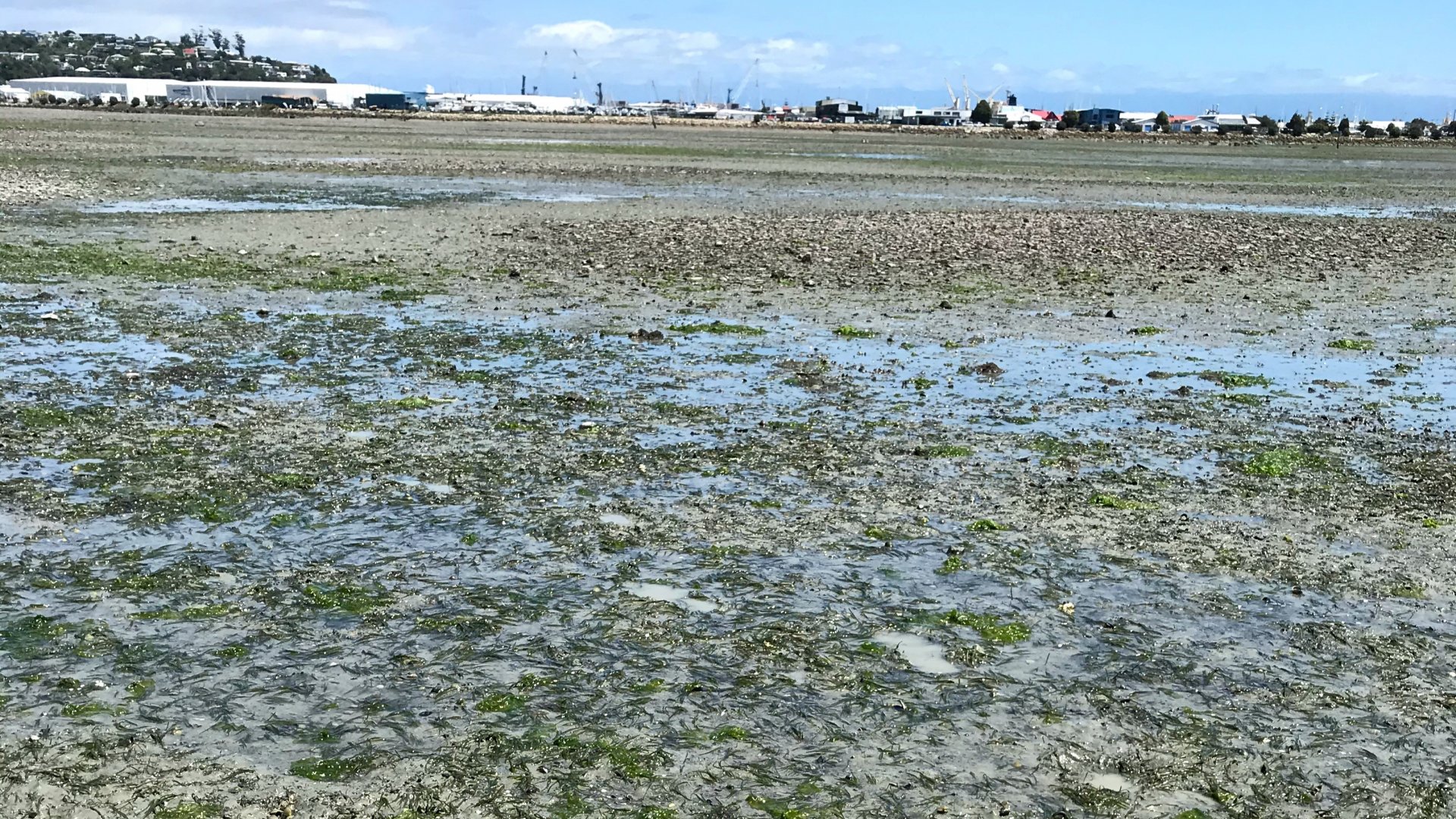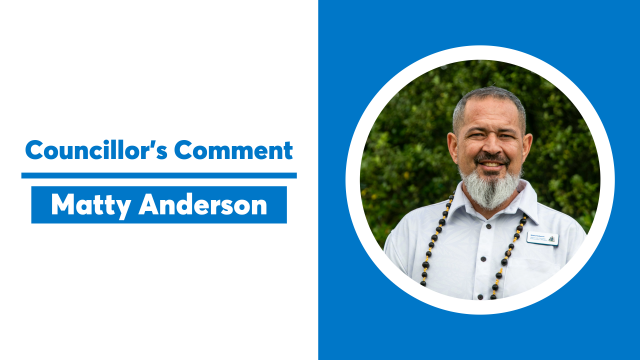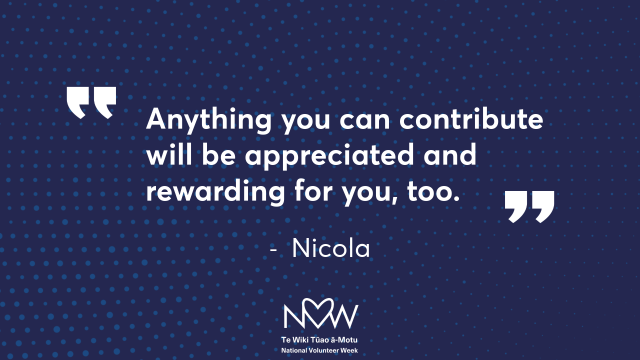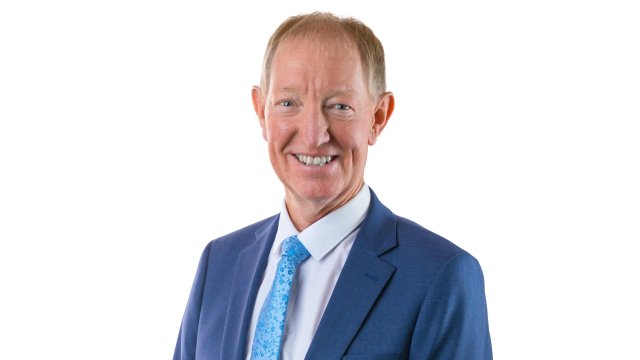Volunteers wanted for an exciting new citizen science project!
12/11/2021 1:29am
Come along to help us plant teabags for an estuarine decomposition experiment that looks at carbon sequestration.
It will be muddy, but fun :)
We need 20 volunteers on Tuesday 30 November at The Haven from 11.30am and 16 volunteers on Wednesday 1 December at Waimea Inlet from 12.30pm.
What is it for?
Nelson City Council scientists are looking at our local estuarine health and carbon sequestration potential, as well as contributing to a global study to gather information about how soils around the world sequester carbon. The study involves analysis of litter decomposition within wetland ecosystems using household teabags, a novel but scientific technique for measuring carbon decomposition at low cost.
Currently, there are nearly 20,000 teabags deployed in more than 300 sites in 30 countries around the world!
Teabags of two very specific types are used to represent natural plant litter – exactly the same two types of Lipton teabags are used by all of the sites globally to ensure the starting point is the same in each experiment. The teabags are planted in different soil types, so in an estuary setting like the Nelson Haven and Waimea Inlet, it will be in seagrass, saltmarsh and mud.
The teabags are left for three months after which they are dug back up again (and, yes, you guessed it we will need help with that as well around March, but will organise that later).
Teabags are weighed before burial, and then again after retrieval and drying. Decomposition can then be calculated. Little-to-no decomposition indicates carbon sequestration in the seabed.
This information will help us locally when we undertake saltmarsh and/or seagrass enhancement projects, by identifying areas where there may be blue carbon sequestration occurring. This means we can enhance our estuarine ecosystems while doing our bit for climate change at the same time by sequestering carbon. If the seabed is left undisturbed this carbon can remain sequestered for millennia.
More detailed information about the logistics of taking part will be provided to those who are interested in participating.
If you are interested in either of the planting days, and/or for the March retrieval, or would just like more information, contact Vikki, NCC’s Coastal & Marine Scientist at Vikki.ambrose@ncc.govt.nz




